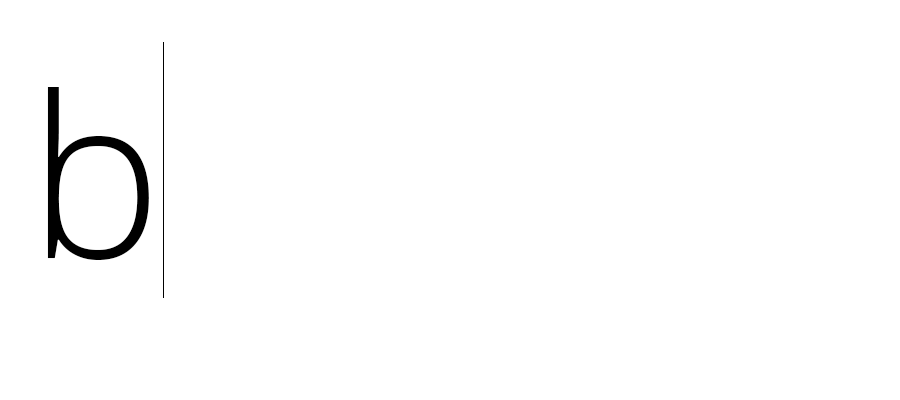Ukrainian journalists are up in arms over the government’s creation of a new Ministry of Information that it says is needed to counter a steady stream of Kremlin propaganda and misinformation.
About 40 journalists and activists demonstrated outside the Ukrainian parliament on December 2 as lawmakers approved the ministry along with the government’s new lineup of cabinet ministers.
The journalists, who held up posters with the slogan “Hello, Big Brother,” likened the new agency to the Ministry of Truth in George Orwell’s classic novel “1984.”
The new ministry is headed by Yuriy Stets, a close ally of President Petro Poroshenko and formerly the chief producer for Channel 5, the television network that the president still owns.
Journalists say they fear the new bureaucracy could seek to increase government influence and possibly control over what appears in the Ukrainian media.
They say their fears are increased by the little information available about how the new ministry will function.
“We are protesting against the creation of the Ministry of Information because we do not understand what it will be doing, we have not seen any documents, any texts saying what their activities would be and we are also unaware of what the budget of the Ministry of Information would be,” one of the protesting journalists, Anastasia Stanko, told RFE/RL’s Ukrainian Service.
The international media rights group Reporters Without Borders has also criticized Kyiv’s decision to establish the Information Ministry.
The group’s secretary-general, Christophe Deloire, said in a press release on December 2 that “in a democratic society, the media should not be regulated by the government.”
He warned, “Putting the government in charge of ’information policy’ would be a major retrograde step that would open the way to grave excesses.”
The government says the ministry is needed to counter a steady stream of misinformation about events in Ukraine by Russia’s powerful state media. Russian television channels are easily accessible in many parts of Ukraine, where 20 years after the collapse of the Soviet Union most people continue to understand Russian.
Interior Ministry adviser Anton Herashchenko said on November 30 that the main task of the new ministry would be “protection of Ukraine’s information space from Russian propaganda and counterpropaganda in Russia [and] in the temporarily occupied territories” of Crimea and the Donbas region.
However, the move to create the ministry also closely follows the publication of reports by several Ukrainian journalists and human rights groups regarding possible war crimes committed in eastern Ukraine by right-wing nationalist militias as well as Russian-backed separatist forces.
The Ukrainian military this week sent contradictory signals over whether it would seek to control Ukrainian journalists’ access to eastern Ukraine by insisting that reporters henceforth only travel to front-line areas in special groups escorted by soldiers.
The press service of what the Ukrainian military calls its “Antiterrorist Operation” (ATO) said on December 1 that the new measure would also apply to the international media and was due to intelligence indicating that Russian-backed separatists were “hunting” journalists.
But on December 2, the ATO’s press service said the military had decided to lift the new regulation. "We just wanted to protect you but it’s up to you if you don’t care about your safety," ATO spokesman Oleksiy Dmytrashkivskiy told the English-language “Kyiv Post.”
However, the speaker of the staff for the ATO, Vladislav Seleznev, subsequently told the press that the new order had not been canceled but merely postponed for two to three weeks to give the military and the media time to reach a consensus.
Où l’on apprend, incidemment, que le retour à la libre-circulation des journalistes n’est que temporaire…
















